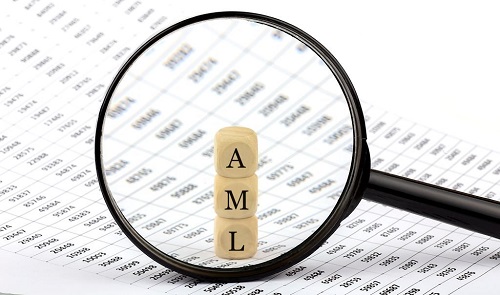Anti-money laundering (AML) is the term used to describe the legal measures taken to prevent criminals from using the banking system to launder money. The purpose of AML is to protect the financial system from being used to finance terrorism and other criminal activities.
Banks and other financial institutions are required to comply with a number of anti-money laundering regulations. These include requirements to report any suspicious transactions, keep records of customer identity and transactions, and implement procedures to prevent money laundering.
Currently, there are a number of anti-money laundering KYC regulations in place to help combat financial crime. These regulations require banks and other financial institutions to take measures to prevent money laundering and terrorist financing.
One of the most common AML measures is customer due diligence (CDD). This involves verifying the identities of customers and assessing their risk profiles. Financial institutions must also keep records of all transactions carried out by their customers.
Another common measure is transaction monitoring. This involves tracking transactions for any suspicious activity, such as unusual patterns or large sums of money being moved in a short period of time.
Financial institutions that violate AML regulations can face significant fines and even criminal penalties. So it is important for banks and other institutions to take these regulations seriously and implement appropriate measures to comply with them.
There are a number of anti-money laundering regulations in place to help combat financial crime. These regulations require banks and other financial institutions to take measures to prevent money laundering.
Here’s what you need to consider:
Due Diligence
Banks must verify the identities of their customers and assess their risk profiles. They must also keep records of all transactions carried out by their customers.
Transaction Monitoring
This involves tracking transactions for any suspicious activity, such as unusual patterns or large sums of money being moved in a short period of time.
Fines and Penalties
Violating AML regulations can result in significant fines and even criminal penalties. So it is important for banks and other institutions to take these regulations seriously and implement appropriate measures to comply with them.
Terrorist Financing
One of the main goals of AML regulations is to prevent terrorist financing. Financial institutions must take measures to ensure that they don’t do business with anyone who may be involved in terrorism or other criminal activities.
Money Laundering
Another goal of AML regulations is to prevent money laundering. Financial institutions must take measures to ensure that they don’t help criminals disguise the origins of their money.
So what are some of the key things you need to know about anti-money laundering (AML) regulations? Here are a few points to keep in mind:
2. Financial institutions must also keep records of all transactions carried out by their customers.
3. Transaction monitoring is used to track transactions for any suspicious activity, such as unusual patterns or large sums of money being moved in a short period of time.
4. Violating AML regulations can result in significant fines and even criminal penalties.
6. Financial institutions must take measures to ensure that they don’t do business with anyone who may be involved in terrorism or other criminal activities.
7. It is important for banks and other financial institutions to have comprehensive CDD and KYC procedures in place in order to comply with AML regulations.
KYC is the process of gathering information about customers and maintaining records of that information.
Financial Sanctions
Financial sanctions are another key element of AML Checks. These sanctions are used to restrict the activities of certain individuals or organizations that are involved in terrorist or other criminal activities.
Financial sanctions are measures taken by governments to restrict the activities of certain individuals or organizations that are involved in terrorist or other criminal activities. They can help disrupt the finances of terrorist organizations and prevent them from carrying out their nefarious activities.





